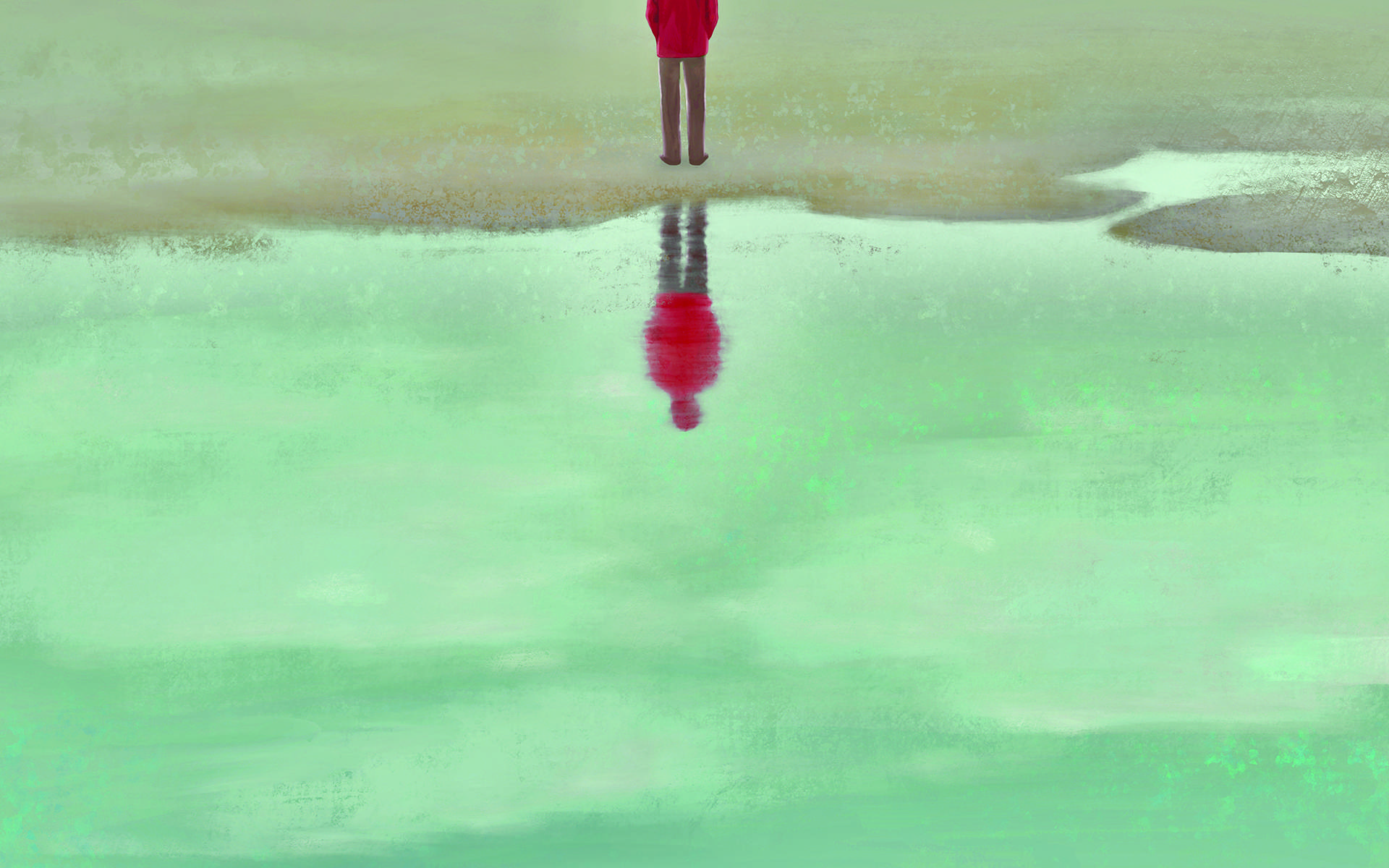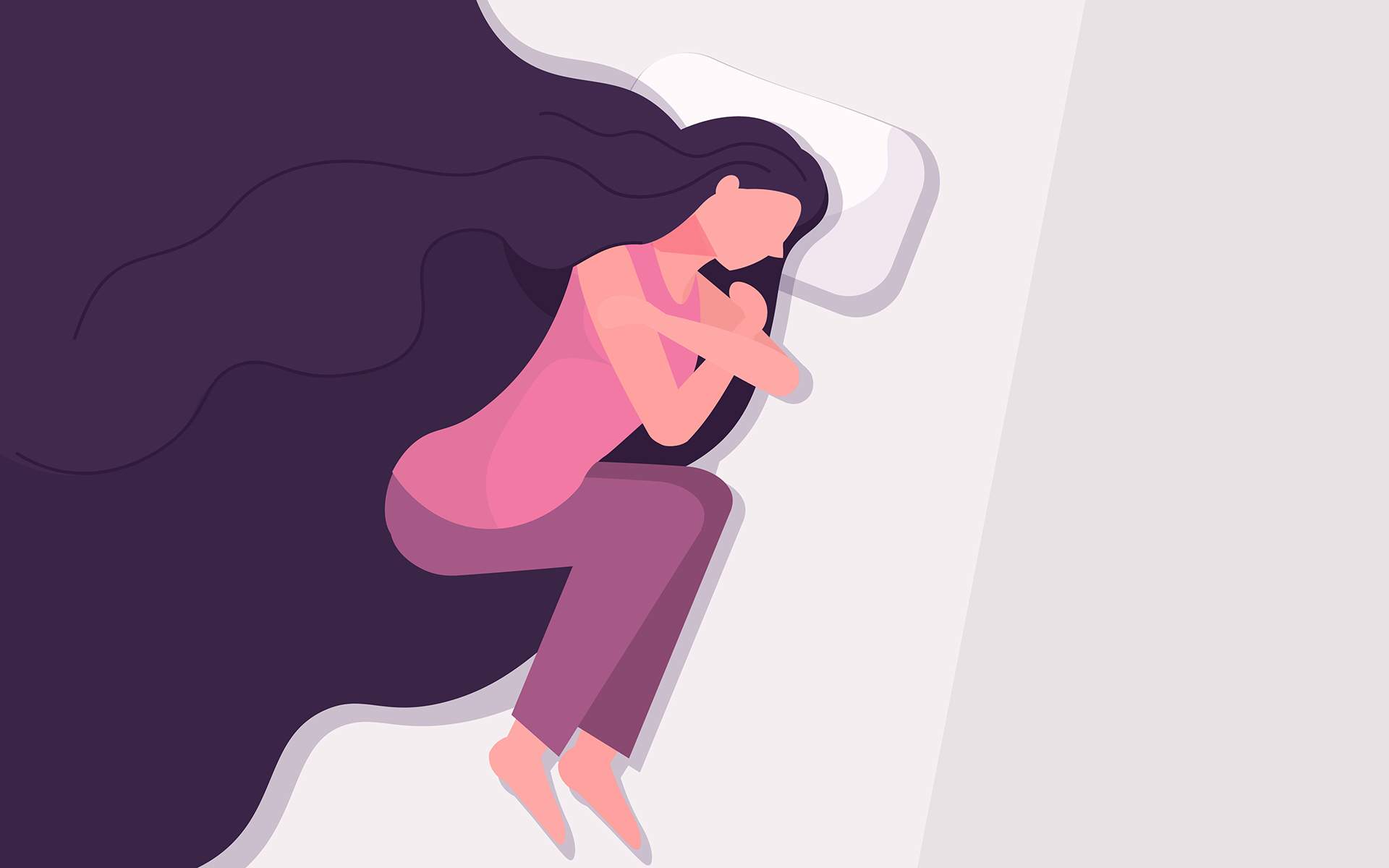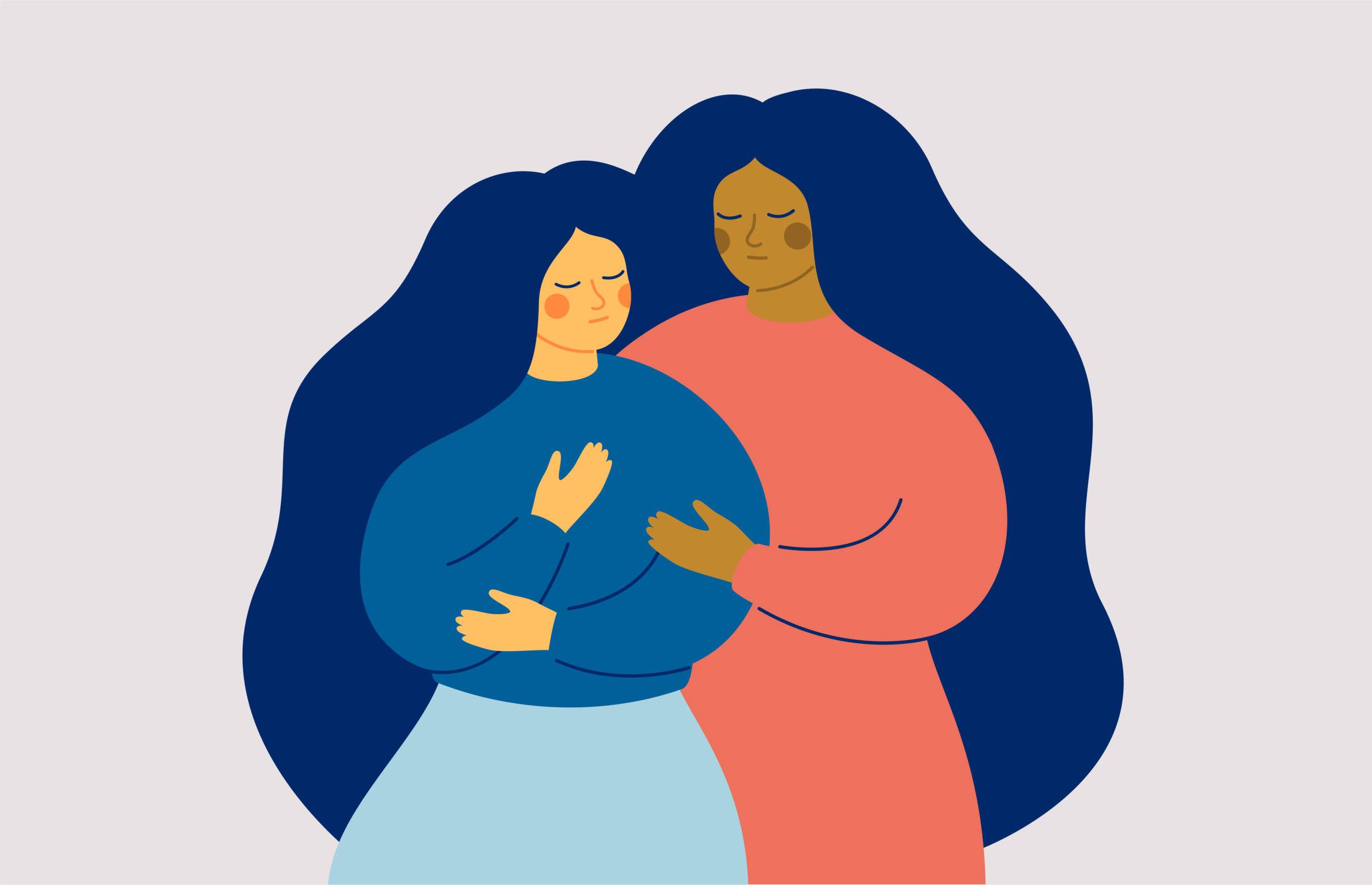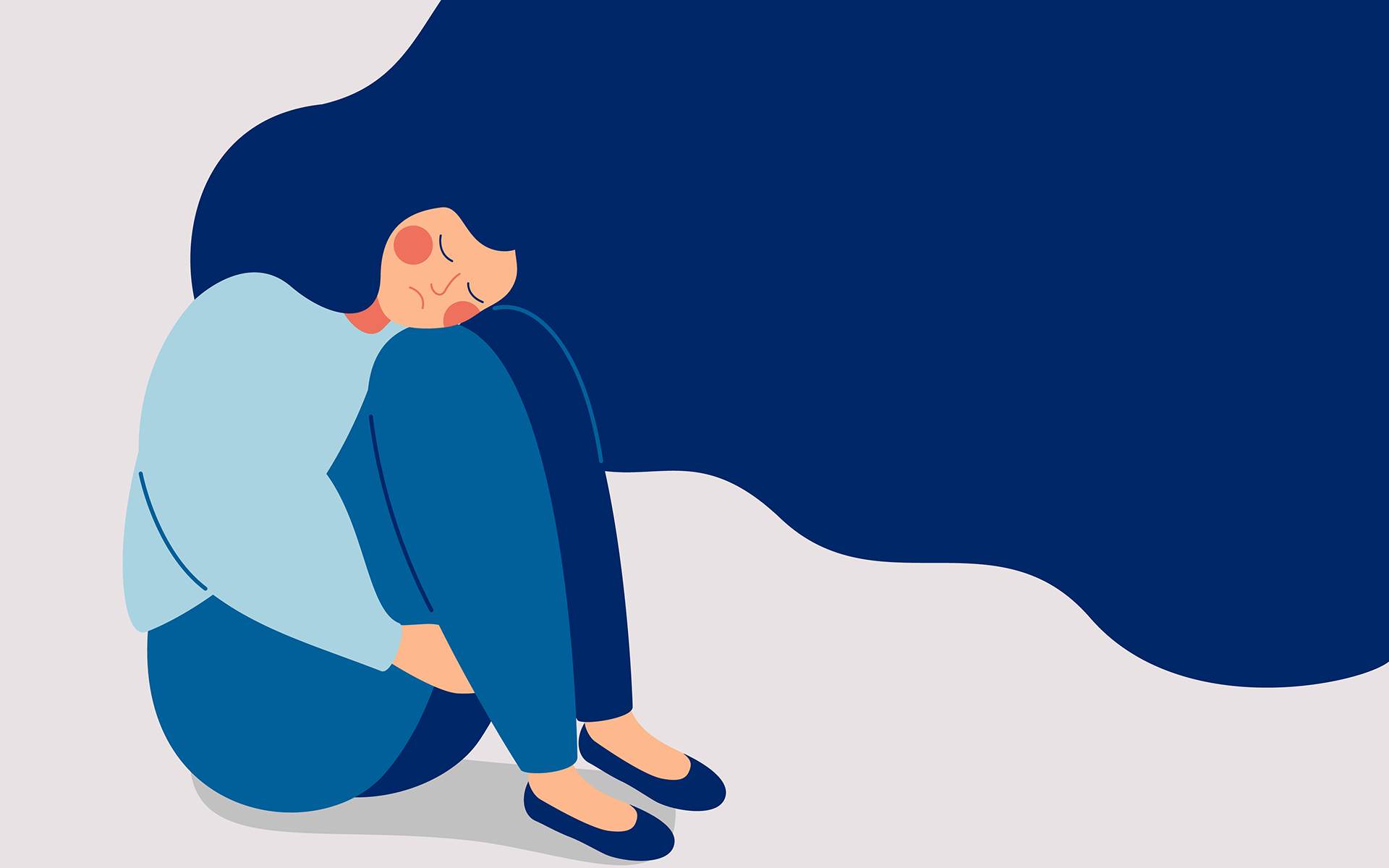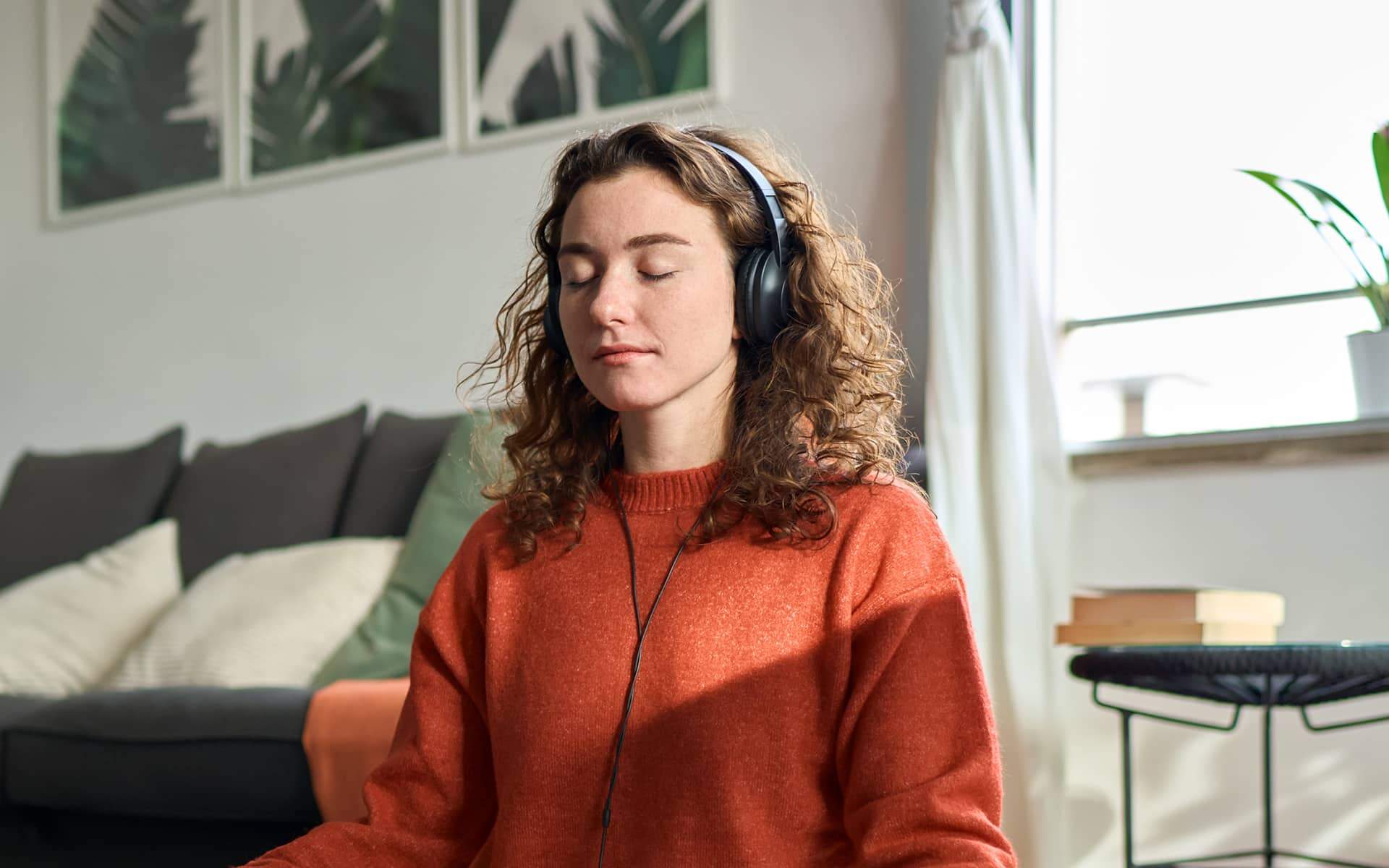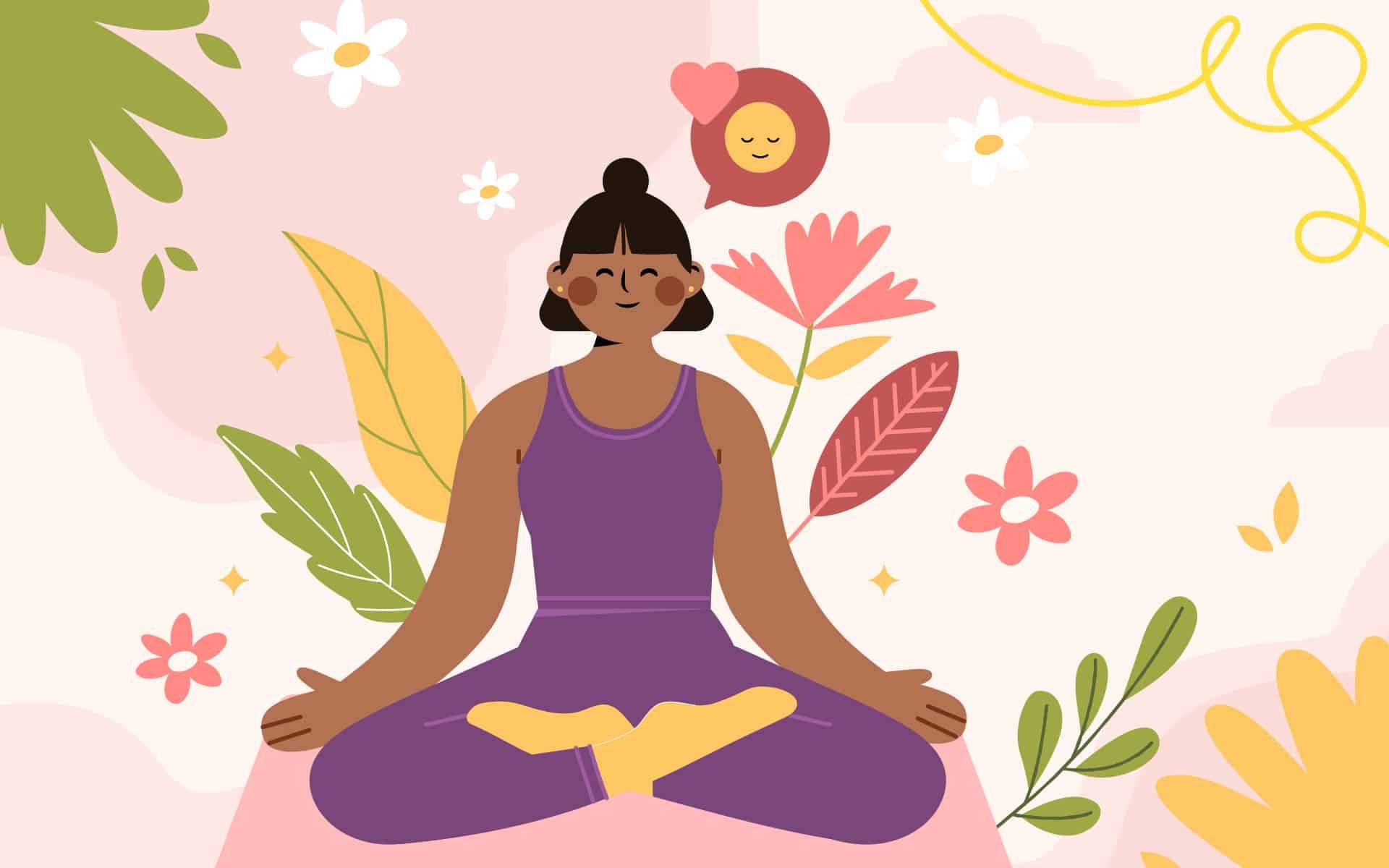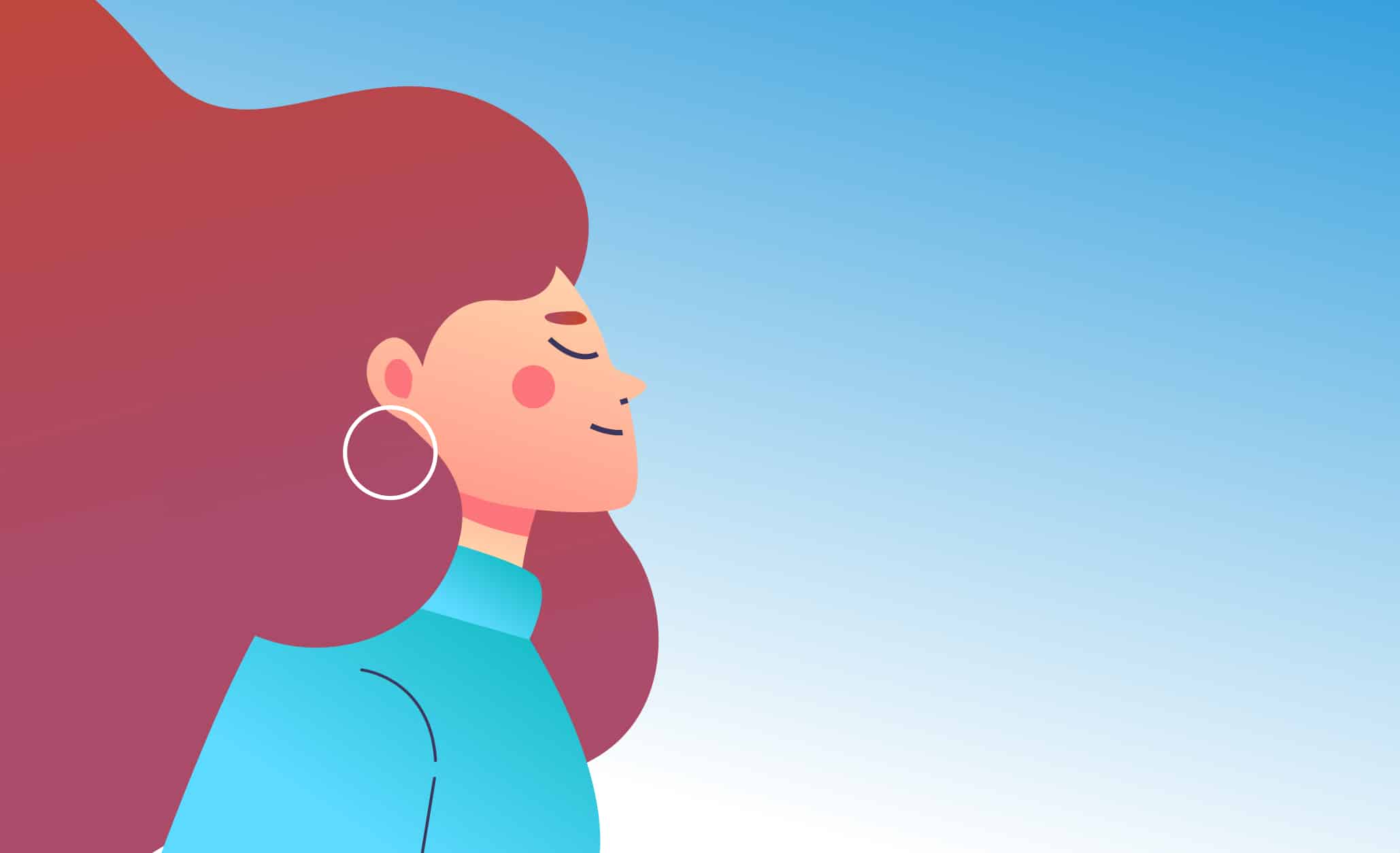A decade ago I set out to write about compassion. In our increasingly connected world, I believed compassion was going to be very important if we wanted to preserve human creativity, health, and prosperity. So I decided to write about that.
I wasn’t up to it.
I discovered that I didn’t know much about compassion. And I was very disappointed to find that I really wasn’t very good at it.
Every human being has an innate gift for compassion, me included, but I had never tried to work much with it. Confidence, irrational certainty, and various civilized forms of aggression were the tools I picked up most often to address a problem of any kind.
Until I began this project I hadn’t noticed that I was like that. I just figured I was a really compassionate person who was forced, by circumstance, to be kind of an asshole once in a while. People who knew me seemed to think that, too.
Habitually, I believed that my intellect, my healthy habits, and my virtuous views—in a word, my superiority—would provide some kind of safety. But in that arrogant cocoon I was cut off from others, especially those who were suffering. That separation was intentional. Not conscious, but intentional. I unconsciously worked to preserve my sense of security. I quietly avoided coming into direct contact with suffering people, especially if that encounter might reveal the obvious fact that I wasn’t safe at all, that I was very much like anyone else, vulnerable to all the human pain the world has to offer.
And in my various, illusory states of psychological refuge the muscles of my compassion were gradually atrophying.
Suffering Finds Us
To offer authentic compassion to others, we may first need to acknowledge our own vulnerability, and our experience of suffering. Our own suffering helps us build empathy for others, and empathy provides the musculature of compassion. We exercise those muscles by acknowledging our vulnerability and experiencing our own pain as fully as we can.
This is not to say we should seek to experience suffering. No need. We are human beings.
Inevitably, suffering finds us.
In August 2013 our son Noah died. He was about a month shy of his 26th birthday.
He had struggled with his drug addiction for years.
He died alone in an apartment we rented for him near our home, the culmination of years of addiction concluding in a suicidal drinking binge.
For most of us, I think, parenting is our most heartfelt responsibility and the most cherished task of our lives. Most people would probably say that the love they feel for their children is the most powerful emotion they have ever felt. We would, as it is so often said, do anything for our children.
When our child succumbed to drug addiction and gradually descended into a hell of delusions and self-loathing, we naturally tried to help in any, and every, way we could think of. And involuntarily, but with equal desperation, we searched our memories for a cause.
Forever we ask ourselves, What did I do wrong? What did we do wrong? And more fundamentally, How did this happen?
I suppose any honest parent can remember thousands of mistakes they made, each misstep a possible cause of some psychic injury to a child. Certainly I can. When your child suffers from the illness of addiction you have a reason to compulsively sort through the full catalog of those errors. I have. Of course there’s no direct line of cause and effect. We re-examine the record endlessly, and fruitlessly.
When our child died we were left permanently without answers. We faced a few grim truths. We had loved him with all our hearts. We had invested all our hope in his recovery. And we had failed.
To fail one’s child can be, emotionally speaking, equivalent to failing as a human being.
What It Means to Have a Broken Heart
The animal pain I felt when Noah died was, to me, shocking. Just the sense of loss was overwhelming. I realized that I would love him and miss him for the rest of my life, and that I might never love him less or miss him less than I did on that first terrible day.
Through years of watching his disease progress we had, of course, had many reasons to worry for his life. We braced ourselves. We prepared for the worst. We visualized how we would cope. I can’t say any of that was very useful. There are some experiences that just can’t be prepared for.
When I tell someone I had a child who died their most common response is, “I can’t imagine how that must feel.” That is a wise and accurate observation. You can’t. I couldn’t. I advise you not to try, because attempting to imagine that loss is painful and the visualizing won’t do any good. At least it didn’t do me any good.
When Noah died I felt I knew, maybe for the first time, what it meant to have a broken heart.
In the dark canyons of my deepest grief, I found I had been stripped of the armor I had worn to protect a sense of security in this uncertain and threatening world. I lost the sheltering illusion of my self-image as a good person and a good dad. I lost any sense of my family’s safety from suffering or bad fortune, any sense that we were protected, successful, or privileged.
The worst could happen to us.
When I tell someone I had a child who died their most common response is, “I can’t imagine how that must feel.” That is a wise and accurate observation. You can’t. I couldn’t. I advise you not to try.
Noah was a wonderful kid. He was a beautiful little boy with blonde ringlets and bright blue eyes. Always physically affectionate, we called him “monkey baby” for the way he clung to us, emphatically, resolutely, lovingly.
He was a sensitive boy. From the time he could talk, you could see he was working hard to say things that would make us feel good. As a toddler he knew how I relished a hug and a kiss from him and his sister before I left for work and when I got home. So he made the hug and a kiss his sacred responsibility. Having missed me one morning when I left early he told his
mother, crestfallen, “I can’t believe it! I didn’t kiss my dad!” I think of that particular story often because it says so much about who he was and would always be.
When he was about 10 his classmate’s father died. He insisted on attending the funeral. I was a little worried about that, because Noah’s sensitivity made him vulnerable to painful situations and sometimes that caused him to act out. I didn’t know how he would handle it.
In fact he was poised, sympathetic, and graceful. He stayed close to his classmate and her family. He asked quiet, appropriate questions and listened intently. He laid a consoling hand on a shoulder or gave a hug at, it seemed to me, precisely the right moments. He was brilliant. We came to rely on his grace and sensitivity in social situations. Noah knew how to be good to people.
He also had a sophisticated, deadpan sense of humor that belonged to someone much older and more worldly. Sometimes I would realize that one of his offhand comments had been, in fact, a jab so finely crafted that I didn’t feel it. The humor in his gentle criticism would dawn on me, finally, and I would laugh about it days later, and for weeks after that.
His friends loved him. Our friends loved him. We really loved him.
His sensitivity also had its dark side. At home he could fly into a rage for the smallest reason, or no reason at all. We all lived in dread of his next tirade. He hated uncertainty, insecurity, and transition. Any morning we were to leave on a trip—even a vacation he very much wished to take—we could generally rely on him to procrastinate his packing until the last moment and then explode when he was reminded that we needed to leave in 30 minutes to catch a flight. His anger was volcanic. Furniture was broken. Holes were punched in walls.
But on the whole he was wonderful. He cruised through school with good grades and good friends. He played music, partially to please his mother. He played tennis, partially to please me. Right up through high school graduation he was delightful, successful, and apparently sober.
He once told me, during a healthy interval later in his life, that he had never felt truly free of anxiety until the first time he got high. For him, prescription painkillers—Vicodin, OxyContin, fentanyl—were a revelation. He had always been in pain. When the pills caused that pain
to recede he said he knew immediately that he wanted to feel better, that way, all the time.
In retrospect we can recognize his rapid descent into full-scale addiction. After his sophomore year in college he was perpetually ill. His symptoms were varied, and vague. He interrupted our family vacations to make emergency visits to clinics and pharmacies. We tried to provide better doctors, to find some clarity about his health, but he stubbornly maintained control over his treatment. We thought he was just exercising his independence, demonstrating his self-sufficiency. I should have recognized the signs. But of course I didn’t want to. His mother, my wife Carolyn, was more perceptive. Several times, she suggested the obvious. I stubbornly resisted. I wanted to maintain my illusions.
With some apparent effort, he held his life together. He studied finance and Chinese, and seemed to do pretty well. He had a wonderful girlfriend, whom we loved. They moved to Hawaii to start a life together. We felt he was launched.
A year later, though, he still didn’t have a stable job. Finally he was hired by a bank. Then he failed a drug test.
After years of overlooking his symptoms and rationalizing his inconsistencies, I heard that news with a growing sense of dread. His relationship fell apart. He collapsed, emotionally. He came home.
Holding Tight to Hope
I’m very surprised, thinking about it now, that he only lived three more years. Those years seem, in retrospect, like a much, much longer time. He seemed to have hit bottom when he got home. He confessed his addiction. He went through an excruciating period of withdrawal. He refused conventional treatment but apparently stopped using drugs. He got a job and did well for a while. He worked for the company I ran. For business he traveled to China and Vietnam. He was intelligent and charming. His work was pretty successful. His contribution was appreciated.
Then, after about six good months, he started disappearing. He contrived reasons to be out of the office. Then he contrived reasons to work from another office in a nearby city, then from home. Sometimes he just didn’t show up for meetings. His voice mail was full and wouldn’t accept new messages. It took him days to respond to an email. His coworkers were kind, then confused, then exasperated. Finally, confused myself, I was forced to fire him. He was very angry, then he was remorseful.
We took him to detox. We took him to rehab. He got kicked out of rehab. He went into and then abandoned a different rehab. He went in and out of treatment. He went everywhere with Gatorade bottles full of vodka. He wrecked our cars. He got arrested. He got in fights. He was drunk at my mother’s funeral. He called in the middle of the night, telling psychotic stories of violence and illness, hospitals and murders, and his own various unverified diseases. He called in the daytime with lucid reasons we should buy him a car or pay his rent. He moved back in with us until his rages and psychoses scared us so badly that we asked him to leave. Then, shattered, we asked him to come back. Then, terrified of him again, we rented him another apartment. Then we stopped paying his rent, so he moved in with a “girlfriend” we never met. When he was abandoned by the girlfriend and evicted by the landlord, we rented him a new apartment. He had a new job, or was about to get a job, or was just waiting for a space at a treatment center—the one that was going to finally help him.
Physically and emotionally, he deteriorated. He was thin and gray. He seemed relatively sober when he came over to see us. He was sweet, and sad.
Carolyn and I reached the obvious conclusion, finally, that we were subsidizing his self- destruction. I told him we wouldn’t support him anymore, unless he was in treatment. We knew he needed months in a residential facility to treat the disease in his body and his mind. He thanked me, told me he understood, and promised to check into a treatment center right away. I told him I could take him. He said he had a friend who wanted to drive him.
Then he went silent and unreachable. That was not unusual, and we fantasized that he might have actually gone into treatment. But we hadn’t gotten a bill from any treatment center. We hadn’t received a call. It was early in August, 2013. I decided to go and check on him. Then I thought better of that. Instead of going to his apartment myself I asked the police department to do a “welfare check.” I left my office and went home to be with Carolyn.
The police detective showed up at our door two hours later with the news. Our boy was gone.
In the Deep Ocean of Grief
Grief can be like the ocean. Its surface is turbulent. Waves tumble us about. We struggle to catch a breath before we’re submerged again, then we’re inverted 10 feet down, the pressure excruciating. Then, inexplicably, a flash of light and a breath of air at the surface again.
Deep grief can be like the deep ocean. In the midnight zone, too deep for sunlight to penetrate, there’s no sign of the storm on the surface. It’s cold and dark. It can be very still. Not much is living there. One can feel the slightest current from something—or someone—swimming near in the darkness.
In my abyss I felt newly connected to the suffering in the world. My own sadness was strong, so pervasive, so much a part of my moment-to- moment awareness that it didn’t feel practical or necessary to protect myself from the suffering of others anymore. I couldn’t disguise or anesthetize my vulnerability. I cried, uncontrollably, in front of the television at home. I cried in business meetings. I cried in restaurants. I cried on airplanes.
The currents of those passing in the darkness of my deepest grief became important to me. It was dark, but there were others there. I didn’t have the strength to push myself to the surface, but I could follow the current as others passed, moving upward. I could sense a subtle eddy, a brief pressure buoying me up, fractionally, a few inches at a time. We are not alone down there. Far from it. But to benefit from others there, I had to become more sensitive to them and the almost imperceptible evidence of their buoyancy, as an example for my own.
I grew more interested in the sadness and pain of other people, pain I realized I had been blocking all my life.
My broken heart was damaged, for sure, but it was also more open than it had been. I grew more interested in the sadness and pain of other people, pain I realized I had been blocking all my life.
Usually when I cried, I cried because I remembered my specific loss. Sometimes, though, I was brought to tears by other losses, experienced by other people, sometimes far away. I was emotionally vulnerable to the news. I was absurdly vulnerable to sentimental commercials. Even greeting cards could make my eyes well up.
Eventually, of course, there was healing. The pain subsided. Old emotional comforts and habits showed up. I sensed myself subconsciously rebuilding the protections I once had against the sadness and pain in the world.
And to my surprise and confusion, I wasn’t sure I wanted that to happen.
The Certainty of Uncertainty
To say that the loss of a child is devastating is in part to relate the way it tears down the structures of our certainty and confidence. Fundamentally, you can’t be sure that your own nature—the way you were—wasn’t responsible for the disease and destruction of a person you loved. And so all your other certainties about your own value and virtues, if you had them, are swept away with this discovery: You can only be certain that you will never know what role you might have played in your child’s disease.
If you, God forbid, have lost a child, please also remember that you can never know that you WERE responsible at all, either. You may have been the absolute best parent your child could have had, among all the human beings in the world. Addiction is a disease against which there is no reliable vaccine or protection. Maybe Noah’s addiction was aggravated by stressful experiences. Maybe I could have saved him by preventing those experiences. Maybe not.
I think we must accept that we cannot know.
We must live in uncertainty.
If we are forced to live out our lives uncertain of whether we were a wonderful parent or a failure, then what, of any consequence, are we left with to be certain of? Precious little, I think.
If you possess, as I do, hundreds of internal narratives about how you are healthy because of some fine personal quality; or safe because of some other virtue; or good because you have accomplished this or that, those kinds of self-mythologies can become very hard to sustain under the pressure of a catastrophe. The truth becomes obvious. The simple fact is that no life is granted such certainty. Not only are we vulnerable, we may be culpable.
When our protective narratives rupture and begin to drain, punctured by trauma or grief, we have the opportunity to acknowledge a fundamental fact: The narratives are false. We are
not superior. We are not safe. We are not even, necessarily, good.
Which means, of course, that we are like everyone. And we have the capacity, if we work at it, to give others our compassionate understanding from a place of actual knowing.
We Are All Connected
Losing a child is in many ways like an amputation. Carolyn and I lost an essential part of ourselves and we will never be the same. As my grief subsided I realized, at some point, that I was manufacturing a sort of emotional prosthesis. If I could never be the same, perhaps I could seem the same. I hobbled around on my emotional stump. I thought I seemed fine, at least for a while.
But then it occurred to me that I didn’t want to seem fine. I didn’t want to feign self-assurance. I wanted to maintain the connection I had felt in the depths of my grief to the grief of others, to all the grief. If my broken heart or my amputated identity made me a little warmer, more understanding, friendlier to any degree, then I wanted to cultivate those qualities to whatever extent I could.
Maybe if I could warm and open my heart a little, that could be a small tribute to my son. Perhaps, if I work at it, I can allow him to help me be a slightly better person. I could be a positive part of his legacy.
Of course this is not to say that I don’t wish, with every fiber of my being, that Noah was alive. I want him back. I wouldn’t have him suffer more. I wouldn’t have him inflict more suffering on others. But I want him back. Alive. Flesh and blood.
In his absence I have this broken heart. And maybe I am improved by it. I was not kind enough or patient enough or generous enough or sweet enough when he was here. Today, though I’m no epitome of any kind, I think I’m a bit more of those things. If Noah’s terrible sacrifices helped me grow a little, I guess I should honor that, to the best of my limited ability.
READ MORE
A 12-Minute Meditation for Grief and Loss
Our hearts break, but our hearts also heal. The thread that pulls us from heartbreak to healing is love, says Judy Lief in this practice for working with grief. Read More
Grief is Love with No Place to Go
Parkland parent Fred Guttenberg’s book Find the Helpers implores us to find hope and purpose in the face of loss. Read More
5 Ways Mindfulness Can Help Us Work Through Grief
Grief is complicated, and there’s no “right” way to experience it. As Jennifer Wolkin writes, grief is also intermingled with self-compassion and resilience. Read More
